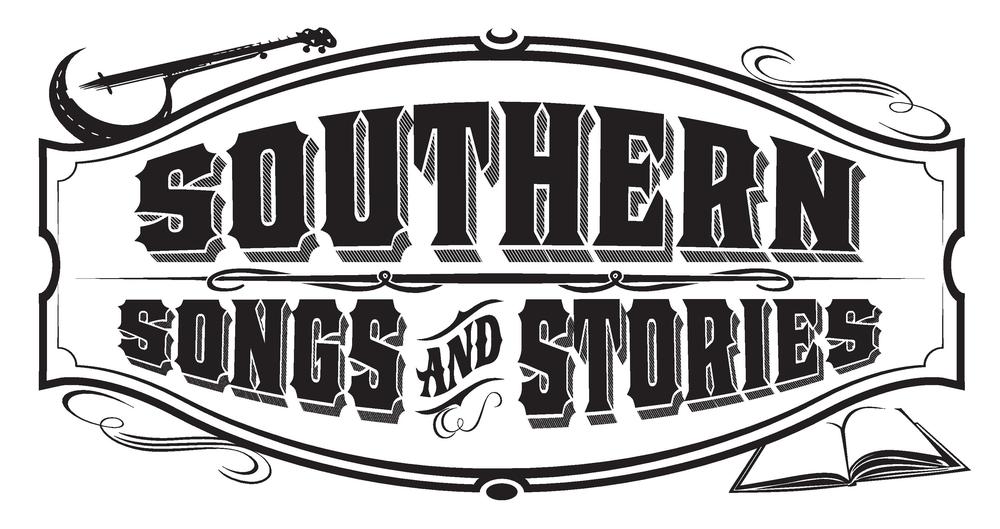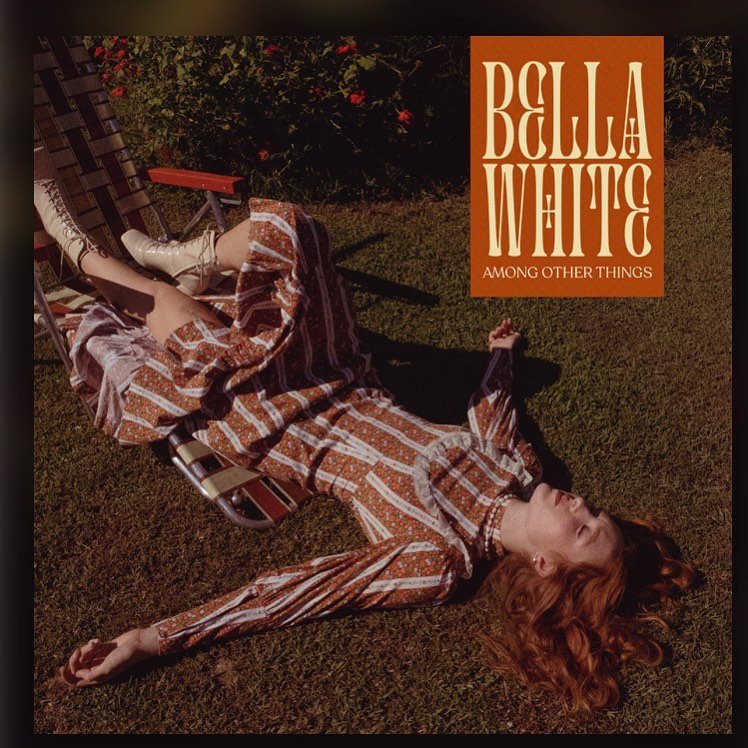In the music business, the words “influence” and “inspiration” get thrown around a lot. Artist Y is “influenced” by artists A, B and C, or “inspired” by their love of genres D and E, often with no elaboration of what that really might mean. Influence and inspiration are often overused to the point of meaninglessness in these contexts, or perhaps misunderstood as something akin to emulation. It is an easy shortcut for folks reading or hearing those words to insert the phrase “sounds like” into the sentence when given no more substantial footing than those hackneyed terms. But in spending time with Lindsay Lou and hearing her perspective on bluegrass as a primary influence, this opened up another way to approach this, which was to think of “influence” and “inspiration” as something akin to a key opening a door, of being a catalyst for change and growth.
The musical world heard in Lindsay Lou’s fourth album Queen Of Time begins at a door which she unlocked over the years since first experiencing bluegrass jams as a kid. On this record, it is a world which welcomes bluegrass legends like Jerry Douglas, who makes a guest appearance, as well as first-call songwriter Jon Weisberger, plus maverick superstar Billy Strings. It is full of electric guitar and drums, adding synthesizers, organ and even djembe into the mix. Its lyrics and melodies flow from both a psychedelic experience with the sacred feminine, as well as her enduring bond with her extraordinary grandmother. It is a world where self-discovery incorporates but also supersedes tradition; it is a world where bluegrass is both there and is not there, all at once.
Lindsay Lou performs at the Earl Scruggs Music Festival 08/31/24
photo: Cora Wagoner)
Songs heard in this episode:
“Queen Of Time” by Lindsay Lou, from Queen Of Time
“I Can Help” by Lindsay Lou, from Queen Of Time, excerpt
“Nothing’s Working” by Lindsay Lou, from Queen Of Time, excerpt
“On Your Side (Starman)” by Lindsay Lou, from Queen Of Time
Thanks for dropping by! We hope you can help spread awareness of what we are doing. It is as easy as telling a friend and following this podcast on your platform of choice. You can find us on Apple here, and YouTube here — hundreds more episodes await, filled with artists you may know by name, or musicians and bands that are ready to become your next favorites.
This series is a part of the lineup of both public radio WNCW and Osiris Media, with all of the Osiris shows available here. You can also hear new episodes on Bluegrass Planet Radio here. Thanks to everyone at the Earl Scruggs Music Festival for helping to make this interview possible, and to Jaclyn Anthony for producing the radio adaptations of this series on WNCW, where we worked with Joshua Meng, who wrote and performed our theme songs — you can link to his music here. This is Southern Songs and Stories: the music of the South and the artists who make it. - Joe Kendrick







